Life
Sign up for our newsletter
We summarize the week's scientific breakthroughs every Thursday.
-
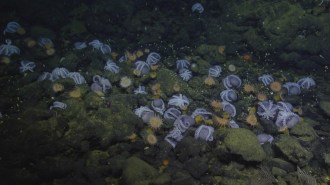 Oceans
OceansSome deep-sea octopuses aren’t the long-haul moms scientists thought they were
Off California’s coast, some octopuses lay eggs in the warmer water of geothermal springs in the “Octopus Garden,” speeding up their development.
-
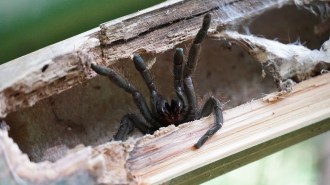 Animals
AnimalsThis newfound tarantula is the first known to make its home in bamboo
Bamboo stems provide the spider with ready-made burrows and nests, but the arachnid must rely on other animals or natural forces to gain entry.
By Becki Robins -
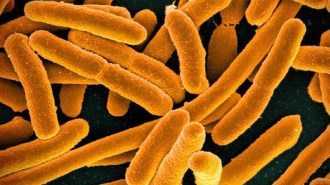 Life
LifeSome E. coli set off viral grenades inside nearby bacteria
A bacterial toxin called colibactin awakens dormant viruses embedded in bacterial DNA, but its ecological role is still unknown.
-
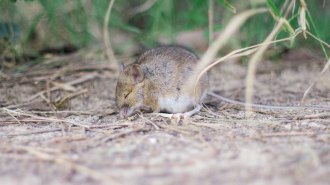 Neuroscience
NeuroscienceA hit of dopamine sends mice into dreamland
New results are some of the first to show a trigger for the mysterious shifts between REM and non-REM sleep in mice.
-
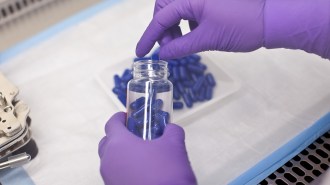 Health & Medicine
Health & MedicineFecal transplant pills helped some peanut allergy sufferers in a small trial
In a small study, a one-day fecal microbiota transplant allowed some peanut-allergic adults to safely eat one to two peanuts several months later.
-
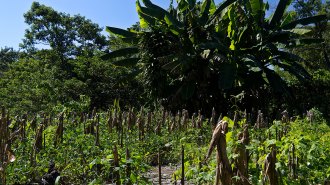 Science & Society
Science & Society‘Fresh Banana Leaves’ shows how Western conservation has harmed Indigenous people
Author and environmental scientist Jessica Hernandez discusses Indigenous displacement, conservation’s failures and how to improve the field.
-
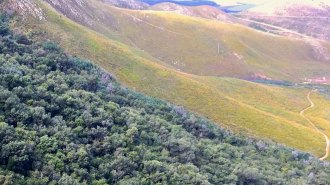 Life
LifeAfrica’s fynbos plants hold their ground with the world’s thinnest roots
Long, thin roots help this South African shrubland commandeer soil nutrients and keep the neighboring forest from encroaching on its territory.
By Jake Buehler -
 Life
LifeWhy kitchen sponges are the perfect home for bacteria
Sponges are remarkably diverse hot spots for bacteria, in part because of the mixed-housing environment that the tools offer their tenants.
By Anna Gibbs -
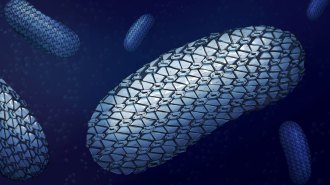 Microbes
MicrobesA chain mail–like armor may shield C. difficile from some antibiotics
Examining the structures that protect Clostridioides difficile from medicines could help researchers find new ways to target and kill the bacteria.
-
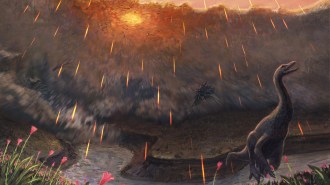 Paleontology
PaleontologyThe Age of Dinosaurs may have ended in springtime
Fossilized fish bones suggest that the massive asteroid strike at the end of the Cretaceous Period occurred during the Northern Hemisphere’s spring.
By Sid Perkins -
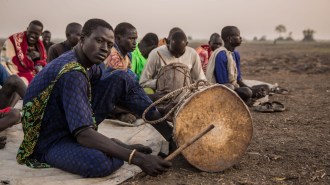 Genetics
GeneticsAfrica’s oldest human DNA helps unveil an ancient population shift
Long-distance mate seekers started staying closer to home about 20,000 years ago.
By Bruce Bower -
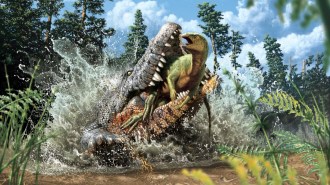 Paleontology
PaleontologyFossils show a crocodile ancestor dined on a young dinosaur
The 100-million-year-old fossil of a crocodile ancestor contains the first indisputable evidence that dinosaurs were on the menu.